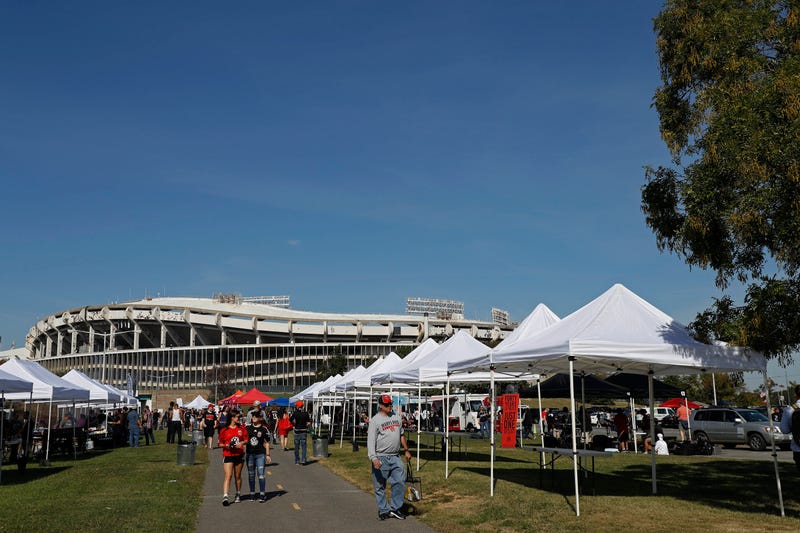
The road back to RFK Stadium just became a little harder.
It’s not a deal breaker for Washington’s chances to reclaim the team. The move just makes it more complicated.
Admittedly, who can oppose fixing substandard public housing? The money was just sitting in an account unused for now so District residents might as well benefit from it.
Some commissioners are still smarting from the 11th-hour deal for a baseball stadium needed to attract the Nats in 2005. But look at what the stadium has done as the centerpiece of the Navy Yard’s rebirth. A dead end of town is now filled with new life. The same goes for Capital One Arena’s impact on Chinatown and Penn Quarter.
Sports venues have made the city money and enhanced quality of life. The eastern gateway into Washington has long needed a lynchpin for growth. While many disagree whether it should be a stadium, music venue or commercial growth used daily, the RFK site will improve the area when reworked.
The District is once more the frontrunner over Maryland and Virginia to gain the Redskins' next stadium. Maryland has supposedly pulled out of talks, though we’ll see about that. Virginia spent billions of dollars luring Amazon’s headquarters to its shores to make a stadium a long shot even in the distant Loudoun County site.
But the District can pull this off if leaders convince the federal government to either extend the current RFK lease or sell the land to the city. Let’s just say that deal is possible, but may take a while.
For opponents who don’t want to spend money on a stadium, what about the expected millions of dollars in revenues from coming sports gambling intended for the city’s general fund? It’s ok to profit from sports, just not invest in a new venue like baseball and soccer?
The return to RFK was always considered a long one. Who knew it would be riddled with potholes?

